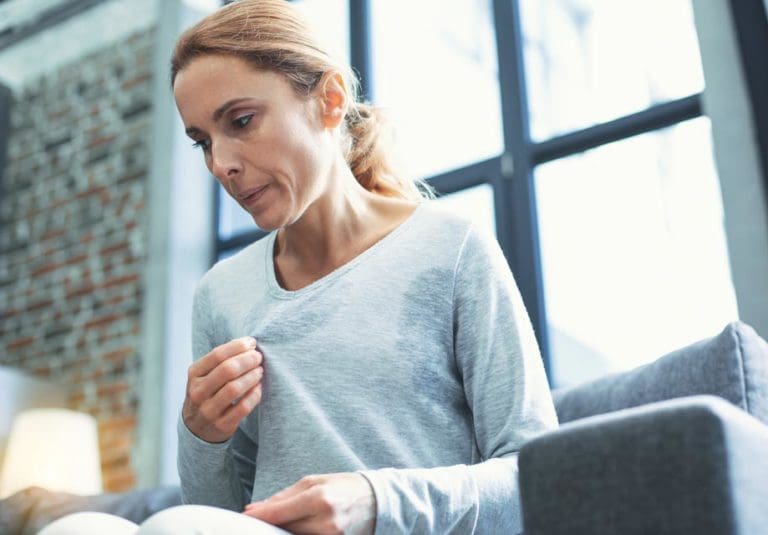
It is well-known that when we get older the body doesn’t function in the same way it did when we were younger.
This is often evident in the appearance, when the skin becomes wrinkled and loose, or in our movements when the body generally seems to slow down. Many changes also happen on the inside of the body, and may be less apparent. For example: some people find their memory isn’t as sharp or their internal organs are not doing their job as efficiently as they should.
One change that happens on the inside of the body as we get older is the decline in some hormones. Hormones are produced by the endocrine system – a group of glands and organs – which deliver messages to various parts of the body so they can function properly. Some of these hormones will remain at high levels, such as: cortisol (the stress hormone), insulin (to regulate blood sugar levels) and thyroid hormones – although this is not always the case for some people; but as the receptors in the endocrine system can also become less efficient with age, some hormones will decline, mainly: testosterone (dominant in males), oestrogen (dominant in females), progesterone (the female sex hormone) and melatonin (responsible for regulating the sleep-wake cycle).
For women, the decline of oestrogen and progesterone can often start from around the age of 35, but is more common from the mid to late 40’s. This period is referred to as the Menopause or ‘the change’, and can impact the body in a variety of ways. Common symptoms include: hot flushes, night sweats, brain fog, aches and pains, headaches, weight gain, vaginal dryness, loss of libido, pain or discomfort during sex and vaginal atrophy. Many of these symptoms will take effect for some years, and occur in women who are in the perimenopause stage. Eventually this will lead to the menstrual cycle ceasing, and after 12 months a woman is officially considered to be in the menopause. In addition, a loss of oestrogen in the body can affect
the amount of calcium in your bones, and some women may find their bone density decrease – a condition known as osteoporosis. This can make the structure of the body more fragile, and susceptible to bone fractures. Not all men are aware that testosterone will start to decline from around the age of 30. This occurs at a rate of approximately 1% each year and is a natural effect of ageing. Testosterone is responsible for controlling: sex drive, muscle mass, bone density, the production of red blood cells and sperm production, and can cause a range of physical and emotional changes when it declines. Sexual function is a common effect of low testosterone levels, contributing to the development of a low sex drive, periods of erectile dysfunction and even infertility. Physically, a man may also experience: hair loss, enlarged male breasts (man boobs), fatigue, high cholesterol, hot flushes, loss of body strength, fragile bones and weight gain. Research has also shown that as men get older, depression is a common concern which has also been linked to low levels of testosterone.
Hormonal changes during the ageing process is an extensive topic to explore, and this blog has only really scratched the surface. Deborah Vines is the lead practitioner at Face Medical in Heywood and she has a particular interest in this area. Through her extensive knowledge and training she has helped to set up The Menopause Clinic – a dedicated sub-section of Face Medical. Deborah and her team recognise that hormonal changes can affect people differently, and are committed to helping men and women through a range of useful advice and suitable treatment options. Many of our patients have found our help to be very valuable and has had a positive impact on the quality of their lives.
